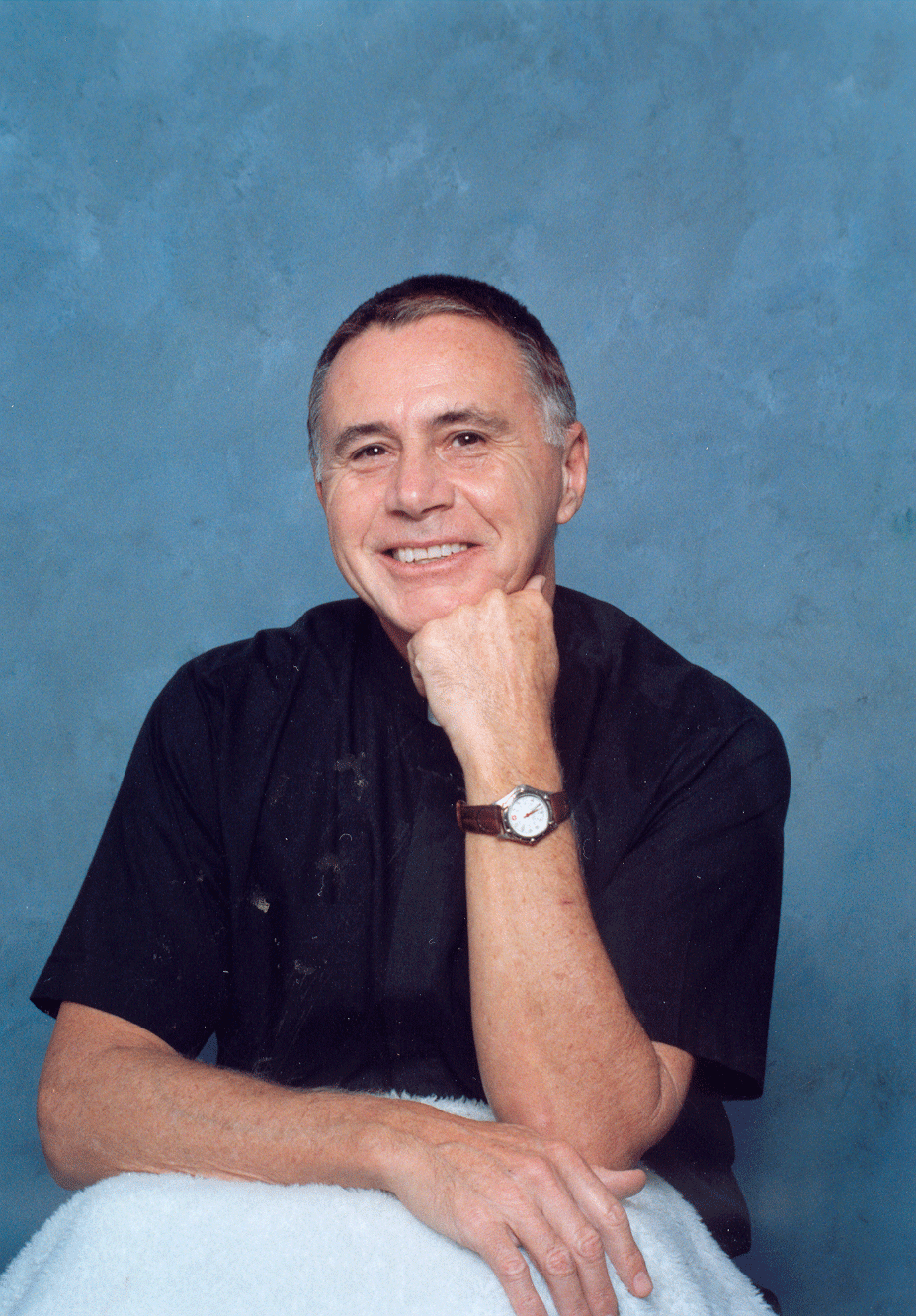May 24, 2015
In the Gospel for the feast of the Ascension, the Church is given the great commission of making disciples of all the nations.
It was Jesus' work. It now becomes the Church's work.
In the Gospel for Pentecost, the Church is given the power of forgiving sins and making people right before God.
It was the Lord's work.
It now becomes the Church's work.
In other words, forgiveness is our work
Indeed, the whole ministry of the Lord is turned over to the Church.
But, of course, the ministry remains the Lord's ministry, for he and the Church make up one and the same body.
Jesus once said, "I have come to set the earth on fire, and how I wish it were already blazing!" (Luke 12:49).
He began the task so well!
Now, we must continue it!
It was not interrupted by his death: it is further empowered by his death.
His return to glory only adds immeasurable strength and grace to the effort.
It is up to us to catch the new Spirit and to cast the fire.
I always tire of politicians who want us to elect them so that our children and grandchildren will have a better future.
I always suspect their motives.
I'm a firm believer in making our leaders take care of our generation, our time and its challenges, and that we should not allow them to deflect our minds to some vague future.
It lets them off the hook; they don’t have to be accountable.
I suspect that there are Church leaders who likewise "cast their anchor" into the future rather than taking care of the present.
They write off the present generation and look instead, like politicians, to the future.
They say things are bad now, what with the scarcity of vocations, the departures from the priesthood, the scandals, the affluence, the false values, the hedonism, the violence, the egotism, and the lack of a generous heart.
But the future will be different! They say.
So, we must look to the future, side-stepping the present.
They are wrong.
They are appointed to be the shepherds of the present, and not of some vague future.
The future is someone else's responsibility.
We must take care of our own time and our own place in salvation history.
The great commission means we must
—and Pentecost means we can.
We tend to see Pentecost as a mighty rush of the Spirit energizing all things with wonder and light and multiple conversions.
And that, surely, is part of it.
But Pentecost is also the quiet breath of the Spirit, speaking calmly within us about our un-moored time,
keeping us strong in faith and anchored in the present as we wonder about the next step,
informing our minds with possible solutions and new pastoral approaches,
and assuring our hearts that personal holiness is the most effective catechesis of all
. No generation—the present one included—is able to withstand the witness of saints.
Does the present generation see holiness and sanctity in the present set of shepherds?
Or does it see shepherds looking to the future, side-stepping the present?
Is that what we are called to in our own time and place?
Is that the challenge of this generation to us—to be saints—to witness to them by our holiness?
If it is, and if we achieve it with God's grace, then—and then only—may we happily write off this generation for a spiritual poverty of its own making.
But, until we are well on the way to holiness, write off nothing
– and don't expect too much!









